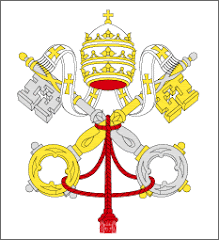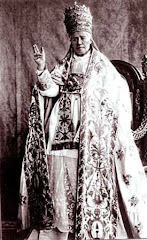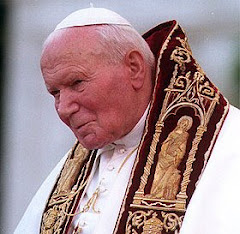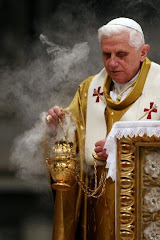
In C. S. Lewis’ book The Magician’s Nephew, chapter ten of the story brings the role of speech into bold relief when Aslan commands the “Talking Beasts” with these words: “Treat them [the Dumb Beasts] gently and cherish them, but do not go back to their ways lest you cease to be Talking Beasts.” Aslan later teaches again with the words, “For jokes as well as justice come in with speech.”
It is no coincidence that in Genesis, God speaks all things into existence. Lewis, through Aslan, describes it more as singing, and for good reason, for singing holds within it a beauty that surpasses the simple utterance of terms. This beauty is such because it contains a harmony and pattern that elevates the mind and heart. This is what God planned for us when He sang the song of His creation. He intended the expression of the truth of His own beauty and goodness to be held within His creation brought into existence by His Word. The logos (word), therefore, is intimately and maybe even metaphysically bound to truth, beauty, and goodness.
God chose the Greek ‘logos’ to be the word, so to speak, by which He revealed the foundational principle by which and through which all things exist and continue to exist (cf. John 1:1-5). This was no accident, for ‘logos’ includes within itself the understanding of reasoning, that is, the faculty of logic. This naturally carries with it the implication of intelligibility and truth. That through which all things came to be and continue to be is Reason Itself, pure and utterly simple Intelligibility. This says a great deal not only about our universe but also about us who were made in the image of this creative Reason, this pure Word.
If word is the means by which God created all things, if it is a title He claims for Himself in John 1:1 as His very being, then our ability to engage in logical dialogue (sharing of logos) must carry within itself a great deal of weight. This weight is rooted in the fact that any ability to speak must necessarily be derived from the Logos that existed before all other things. If the Logos Itself created us, then His nature dictates to us that there is perfect rationale and intelligibility as to why He imbued us with this gift. The very fact that He is Logos means that our ability to speak is not a purely random chance event that arose out of eons of evolution. It has a purpose; it has a logos of it own.
In Part II of this topic, I will discuss the moral imlications of being made in the image and likeness of Logos.



















1 comment:
Looking forward to Part II!
Your observations in the last paragraph (that because of the nature of Logos, our ability to speak carries a great deal of weight), brings to mind chapter 12 of Matthew, verses 34-37. Particularly the almost frightening admonition of our Lord in verse 36 - "But I tell you that men will have to render account on the day of judgement for every careless word they have spoken." Also, James 3:2 - "For if any man offend not in speech, the same is a perfect man, able to control his whole body."
Would love for you to extrapolate on how this relates to the realization of our perfection, as created in the image and likeness of Logos.
our fulfillment as created in the image and likeness of Logos.
Post a Comment